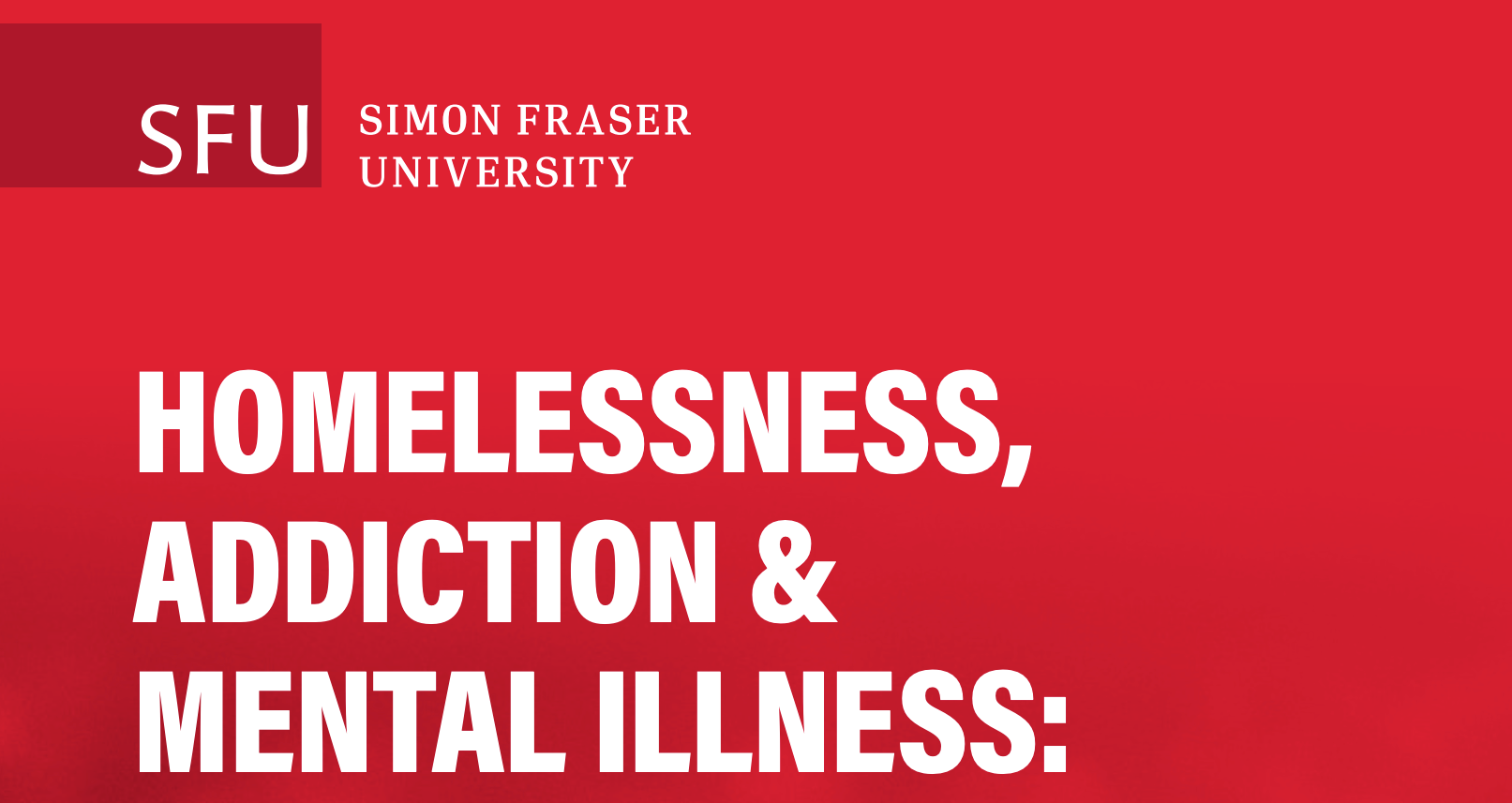Media Release: GOING AGAINST EVIDENCE AND DEMANDING DESTRUCTION OF A CRITICAL DATABASE
BC Housing and the province chose to commence five large, congregate housing projects in Vancouver,...
By: Kitsilano Coalition Jun 16, 2022 10:03:44 AM

Dr. Julian Somers: "Congregating people with mental health and addiction issues in a single building does not work."
Vancouver, B.C. (June 16, 2022): The BC Housing proposal to build a 13-storey tower for hard-to-house people with addiction and mental health issues at 7th/8th and Arbutus is the “wrong model” in the wrong place according to Simon Fraser University (SFU) Distinguished Professor Dr. Julian Somers, a clinical psychologist and international expert on public policies related to addiction and mental health.
“The evidence is very clear, BC Housing's favoured model of congregating homeless people with mental health and addiction issues into so-called supportive housing buildings does not work,” said Dr. Somers.
Congregate housing is the model currently used for SROs and proposals such as the 7th/8th and Arbutus site. Congregate housing entails many individuals afflicted by mental health and addictions living in one building.
BC Housing has traditionally congregated low income families and seniors in the same building successfully. Children can play in communal courtyards and parents can cook together and support each other. Seniors living together can be excellent company for one another. However, congregate housing for people with mental illnesses and addictions has the opposite effect. It requires residents to be resilient to the erratic behaviour and drug use of others as they try to improve their lives.
High quality research clearly demonstrates the desirability and effectiveness of providing independent recovery-oriented housing that is scattered throughout neighbourhoods and cities. Independent Recovery Oriented Housing differs from congregate housing, in that it allows individuals suffering mental health and addictions to live independently as a small percent of building tenants. Support and clinical care is brought to them when they are ready. They choose their location based on options but are not congregated.
As summarized by Dr. Somers, "People with mental illness and addiction have limited opportunities to recover when they are forced to live with others who struggle with the same issues. When they are asked, the vast majority prefer independent housing. Clinical experience and evidence clearly demonstrate that if you concentrate people who are mentally unwell and addicted into a single building the chances of success are virtually non-existent."
Karen Finnan, a spokesperson for the Kitsilano Coalition, says "Dr. Somers' work highlights that the BC Housing project proposed for 7th/8th and Arbutus is really a political decision and not a housing or medical decision."
BC Housing’s recent amendment, to mix 50% shelter and 50% affordable units at this proposed site fails to promote healthier outcomes for residents, particularly when all suites are still single room occupancy.
Dr. Somers' research demonstrates that a high percentage of people who are homeless have children under 18 years of age. The opportunity to reintegrate with their children is a powerful motivator to recover their health and overall wellbeing. Children are not allowed in this proposed building.
“Dr. Somers' and his research team at SFU have shown that our concerns as local residents and neighbours are real and valid,” said Finnan. “The community has the infrastructure and services to support families, so why not put a project here that includes families with young children?”
Dr. Somers says doing housing differently may appear threatening to some, but the evidence is clear that it can be done in Vancouver and other communities. His team conducted randomized controlled trials with 500 people who were deemed to be the “hardest to house”. The study compared the outcomes of recovery-oriented housing, congregate housing with support, and existing care in Vancouver. The findings have been published in leading peer-reviewed journals.
“Recovery-oriented housing resulted in dramatic reductions in crime, safer streets, fewer medical emergencies, cost-effectiveness, and more social reintegration for people who have been socially and financially impoverished while living with mental illness and addictions,” added Dr. Somers. Congregate housing did not result in any of these improvements.
"The Community needs to ask why the City of Vancouver, BC Housing and politicians are shortchanging people with mental illness and addictions and inflicting hardships on taxpayers and neighbourhoods by continuing to implement a failed model of housing," states Finnan. "The current housing model for those with serious mental illness and addictions doesn’t work. Vancouver City Council must reject the rezoning application at 7th/8th and Arbutus, as presented by BC Housing."
Dr. Somers completed his clinical training at the University of Washington, Seattle’s Harbourview Hospital, and BC Children’s Hospital, specializing in the treatment and prevention of addiction. The Somers Research Group is an internationally recognized initiative that includes large-scale randomized trials, multi-site interventions, and population-level studies.
Trevor Pancoust
tpancoust@pacegroup.com
778.386.0843
BC Housing and the province chose to commence five large, congregate housing projects in Vancouver,...
A group of SFU researchers, headed up by Julian Somers, SFU Distinguished Professor,Health...
This article details the facts behind our latest release: Going Against Evidence and Demanding...